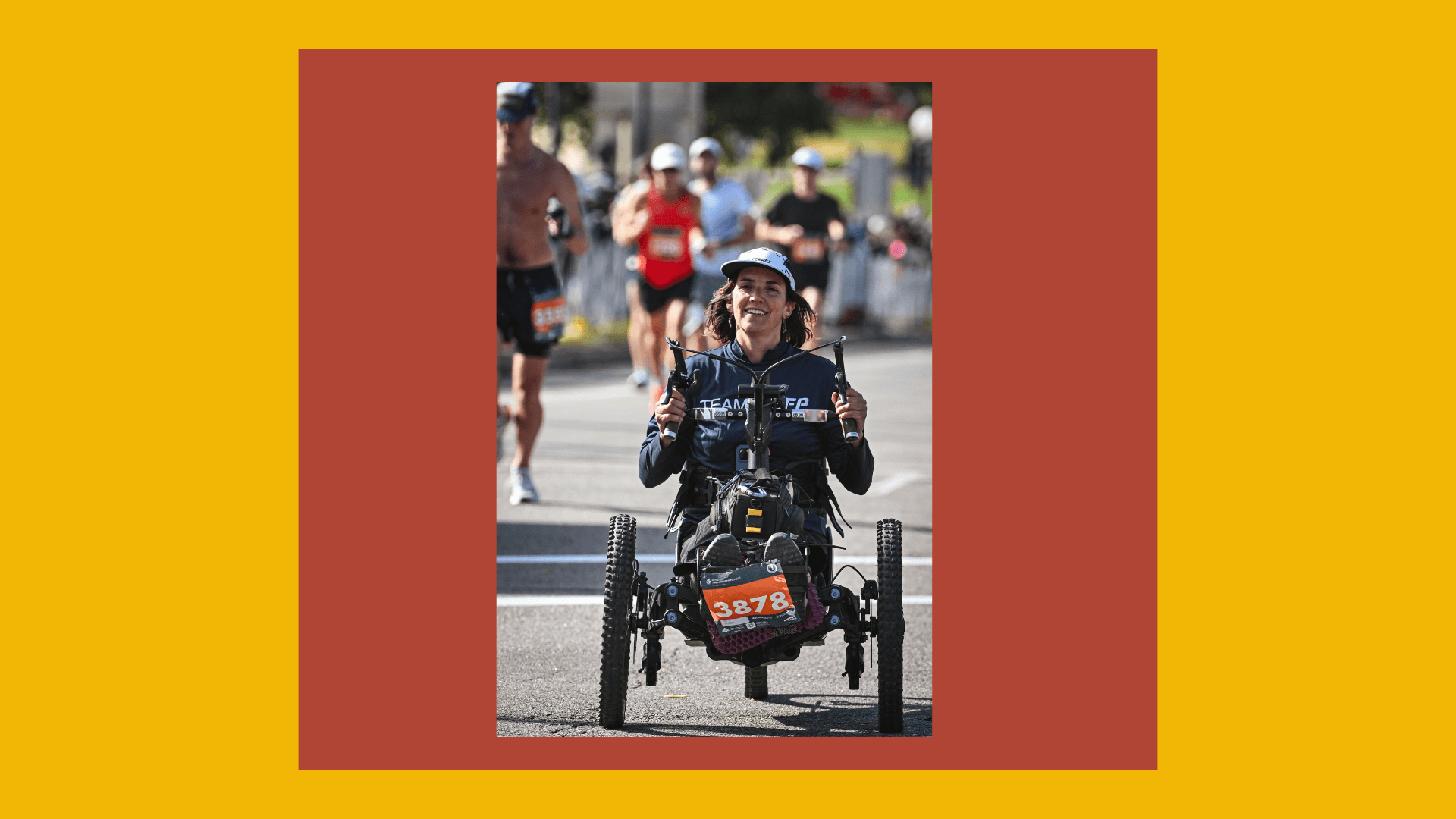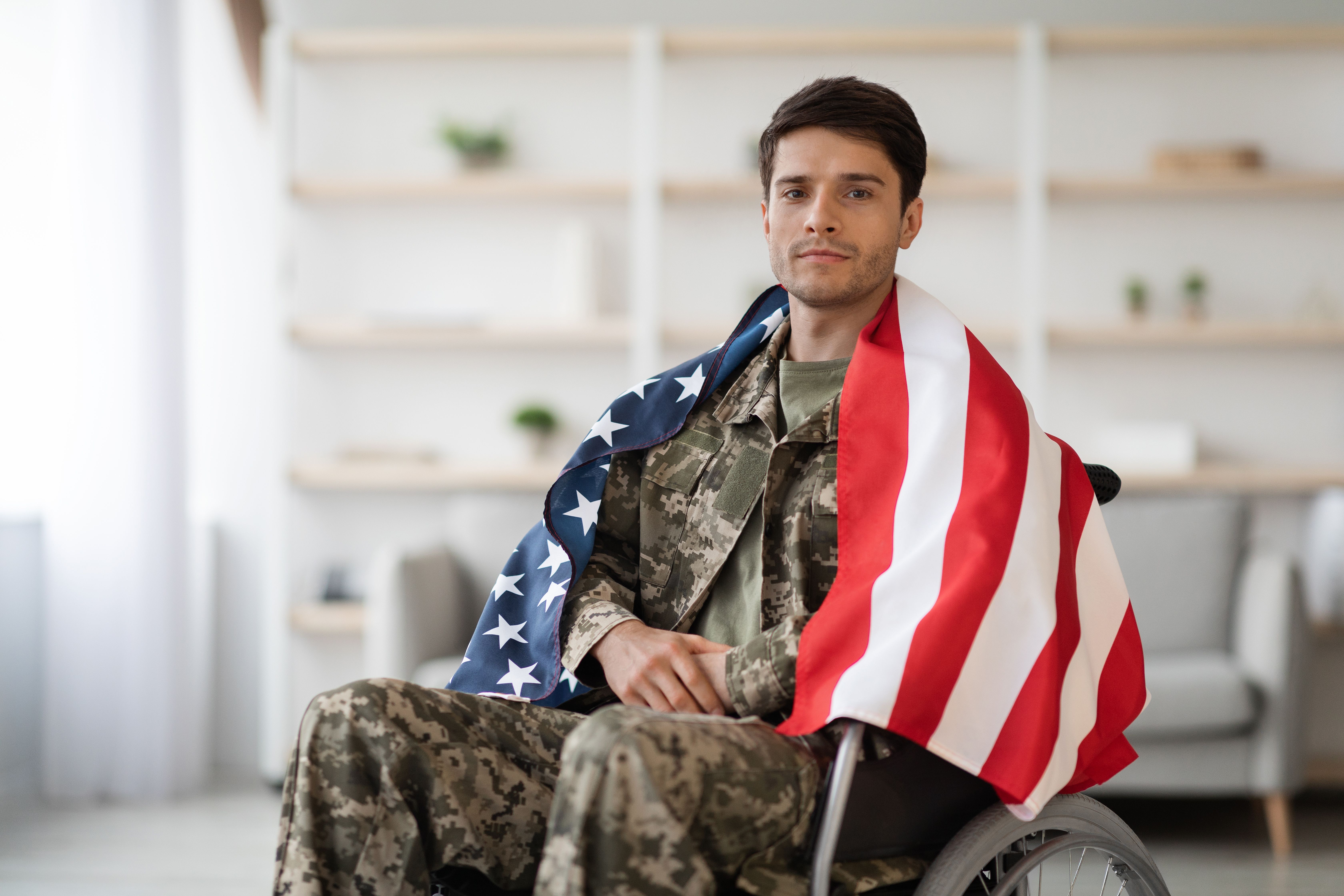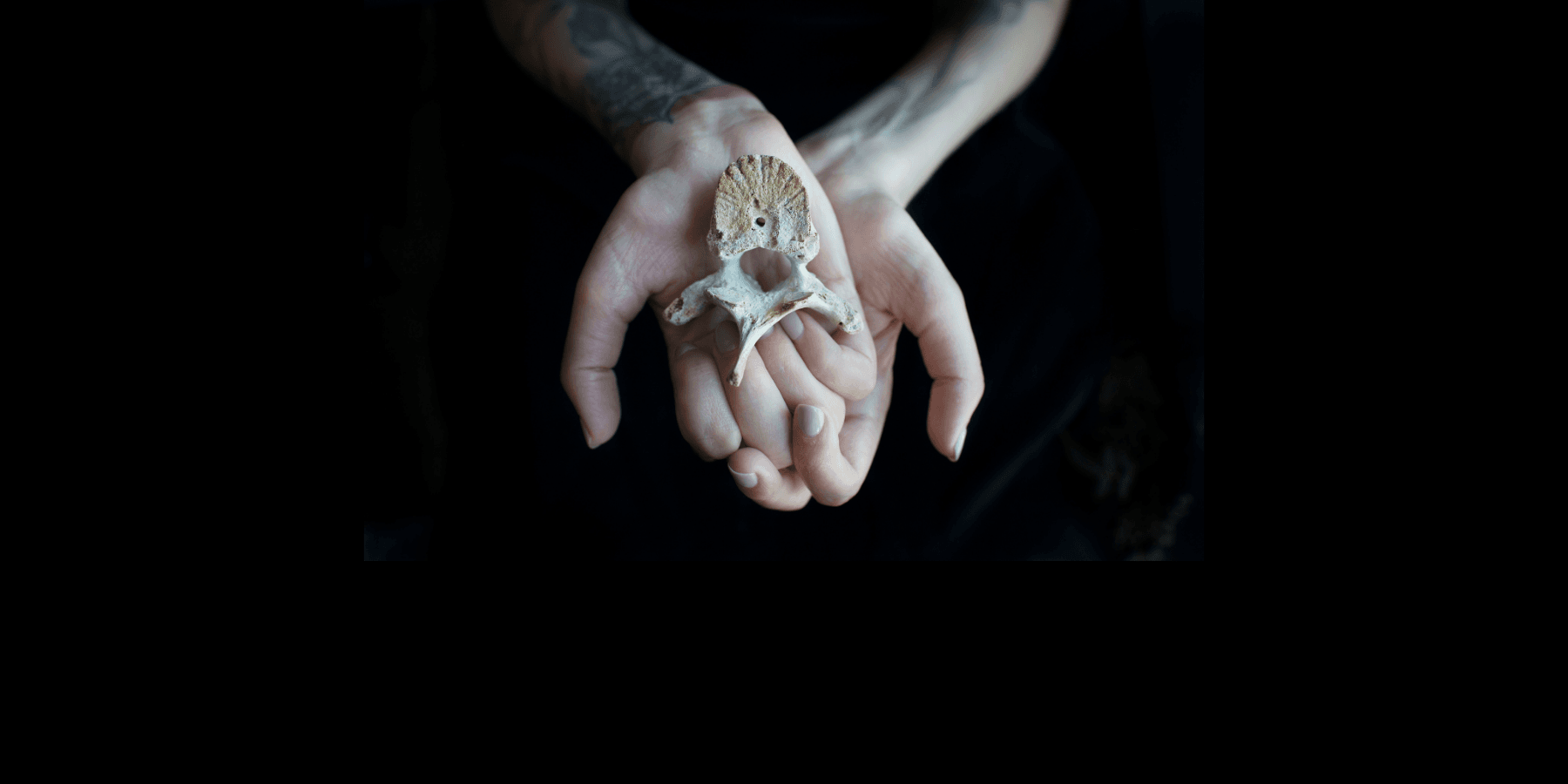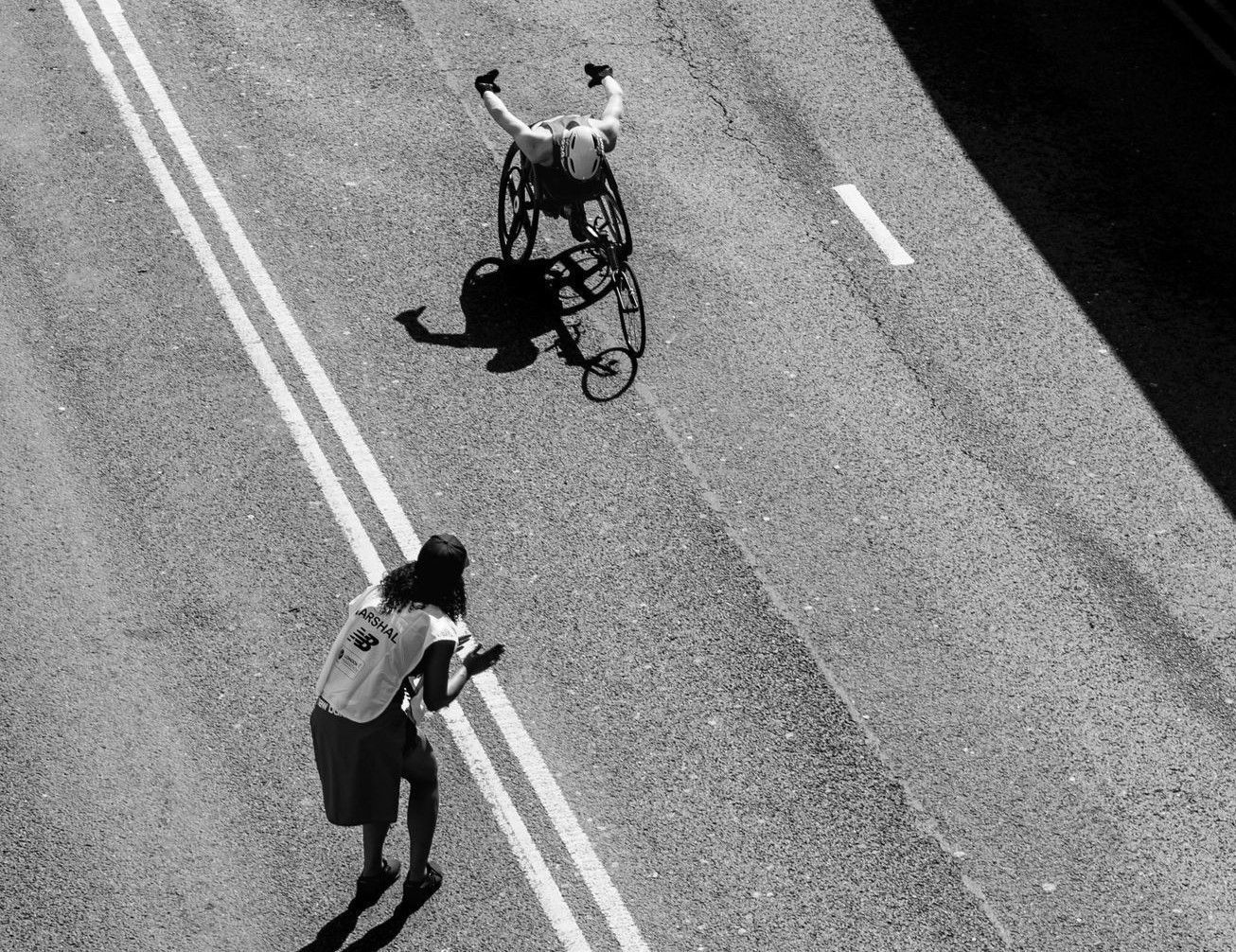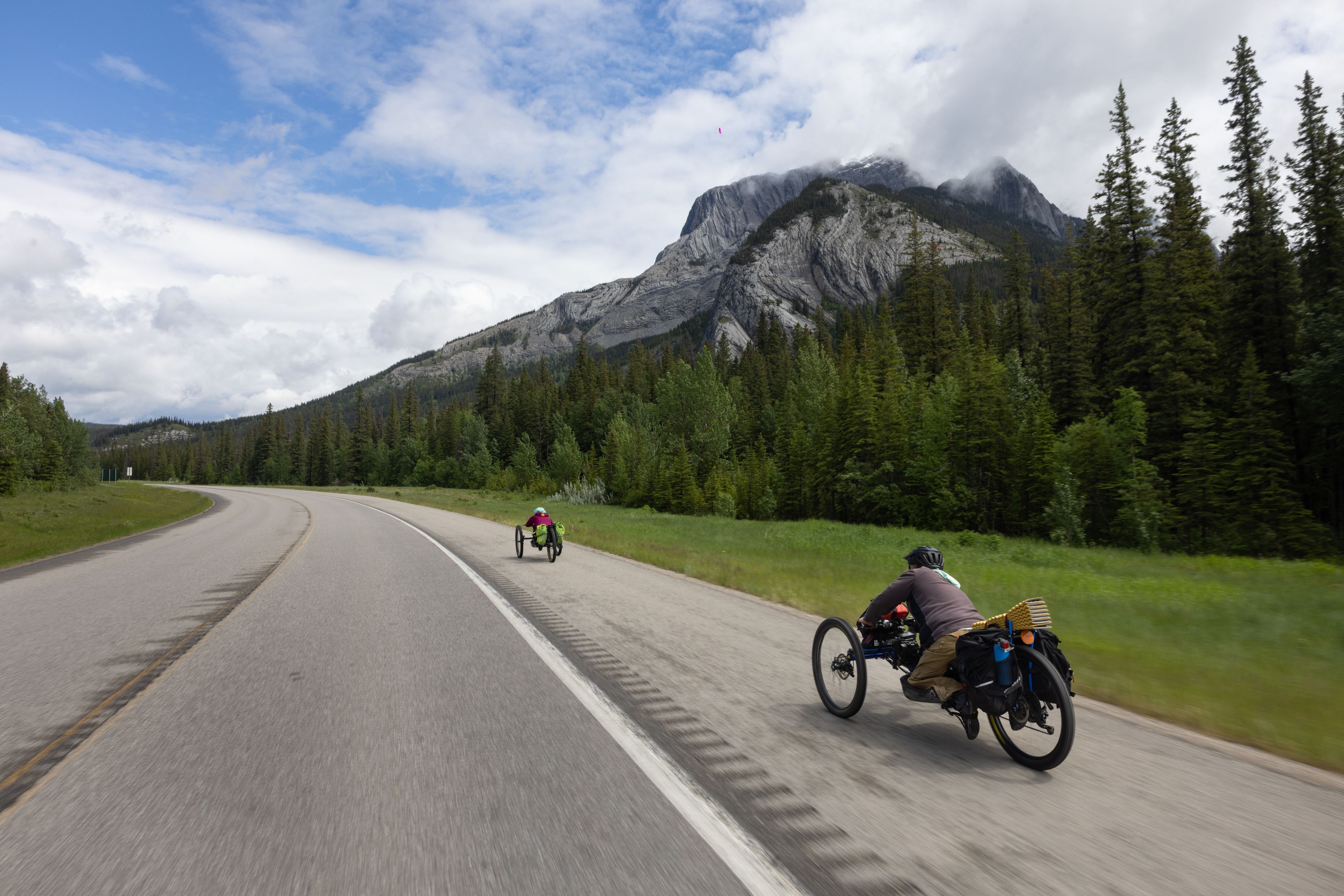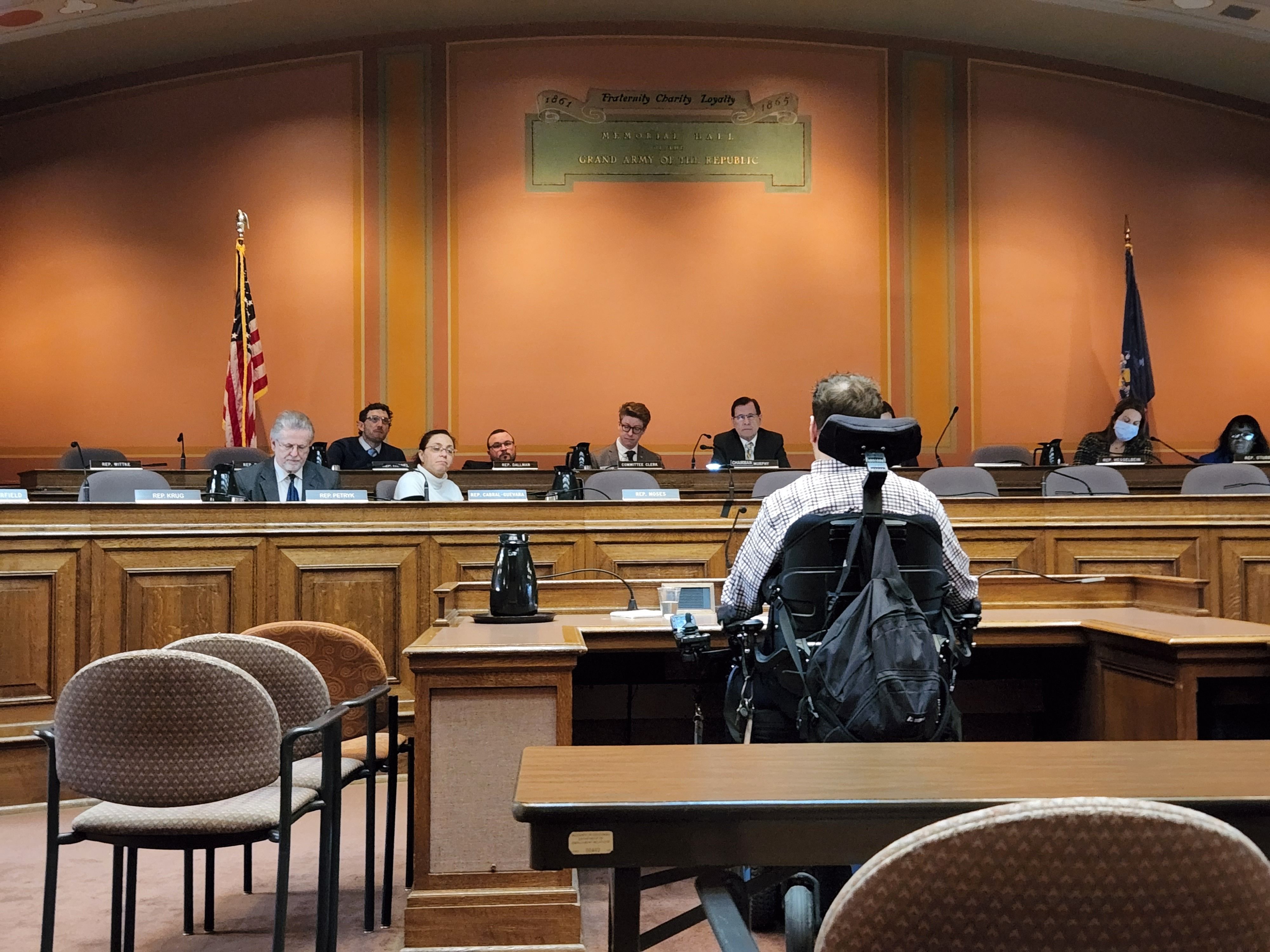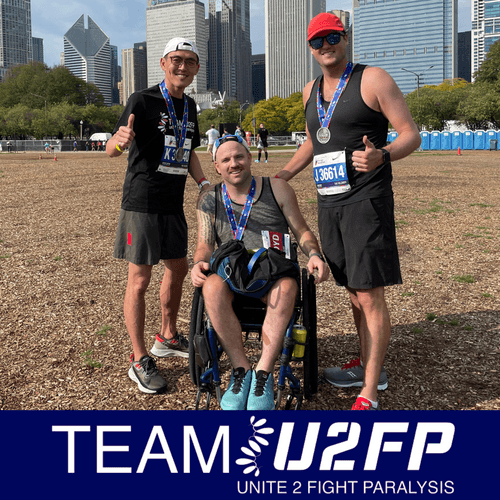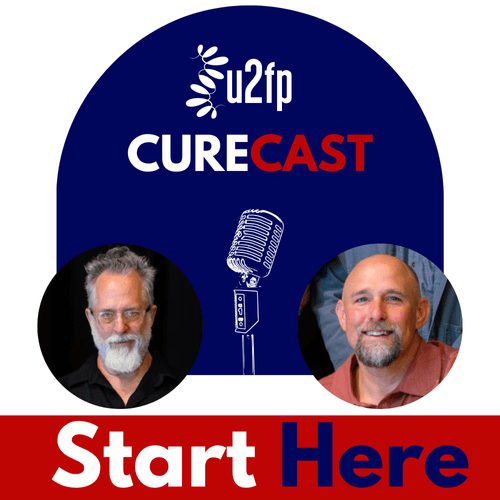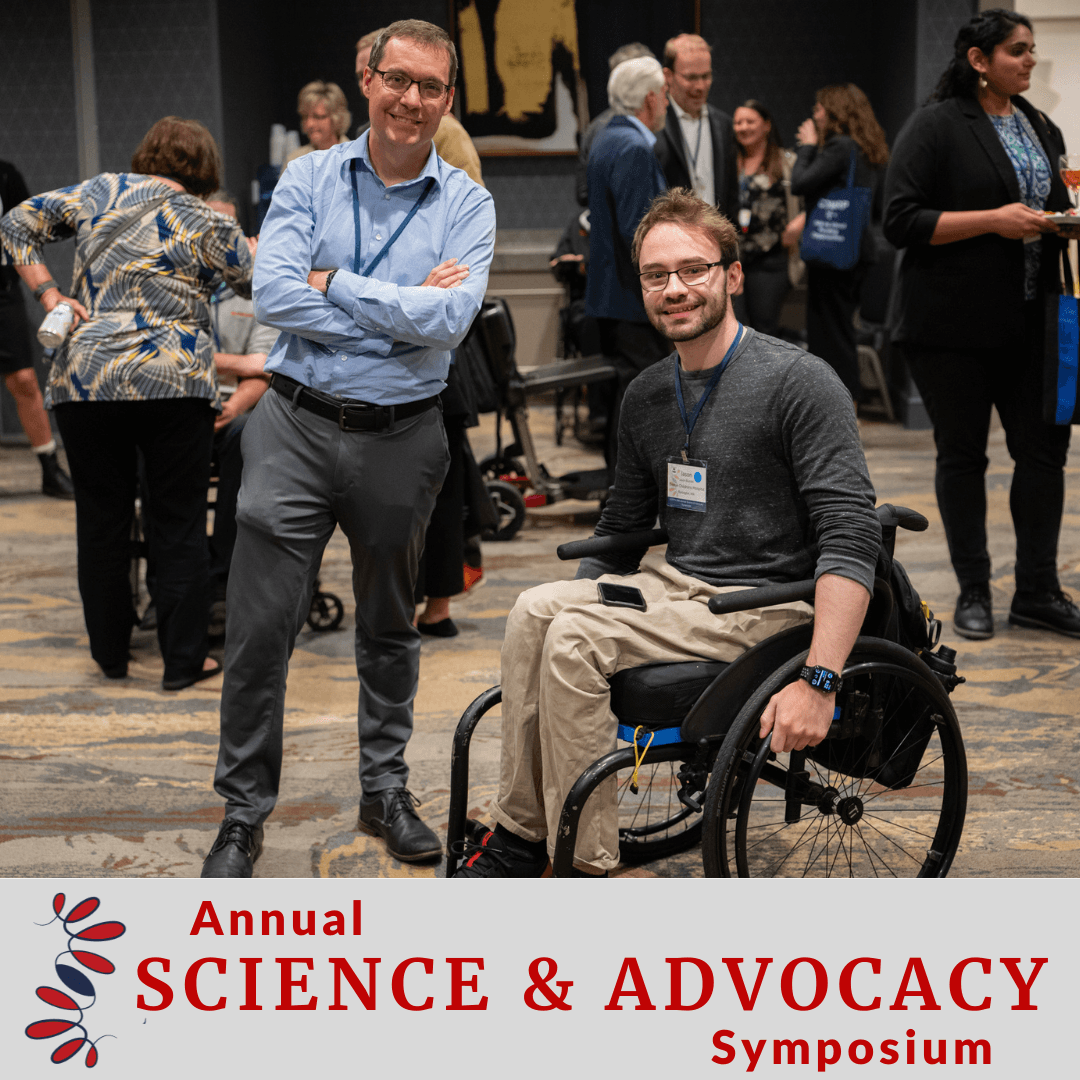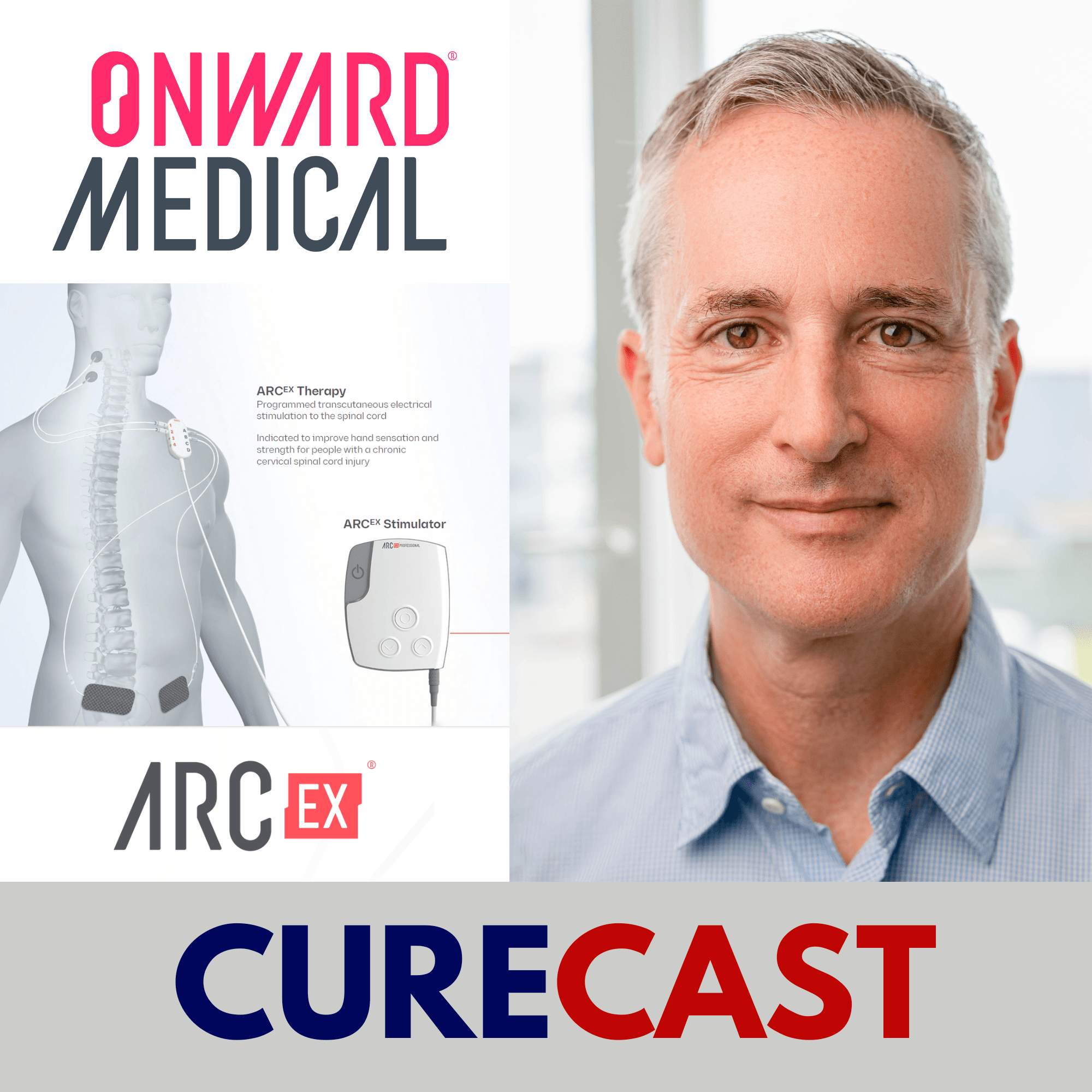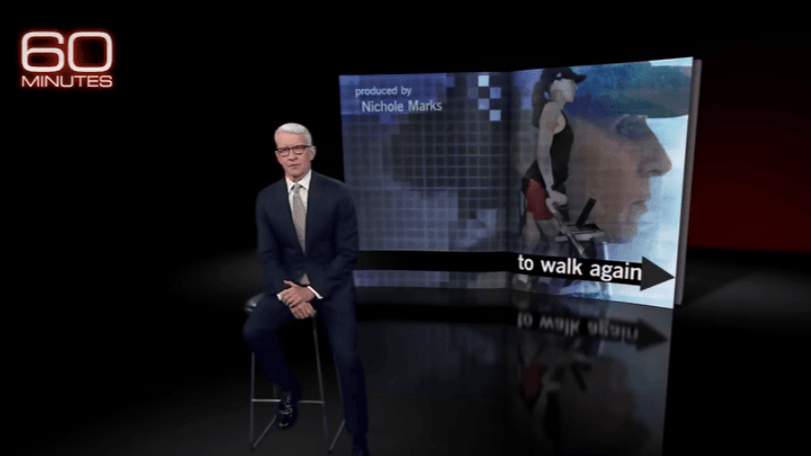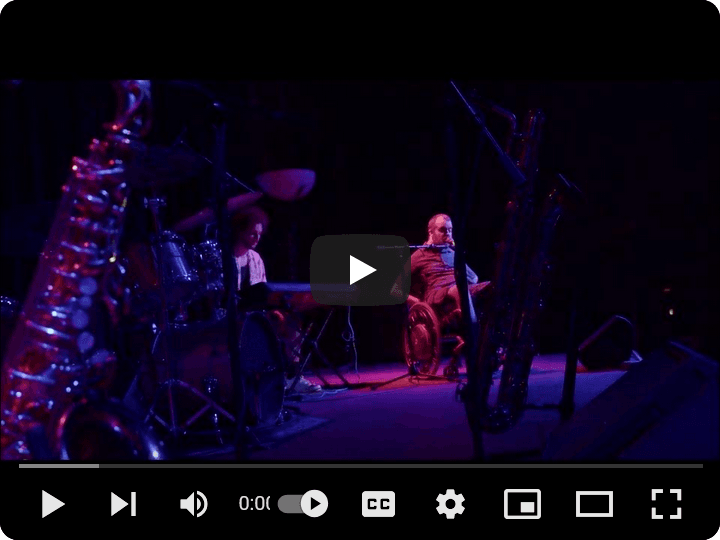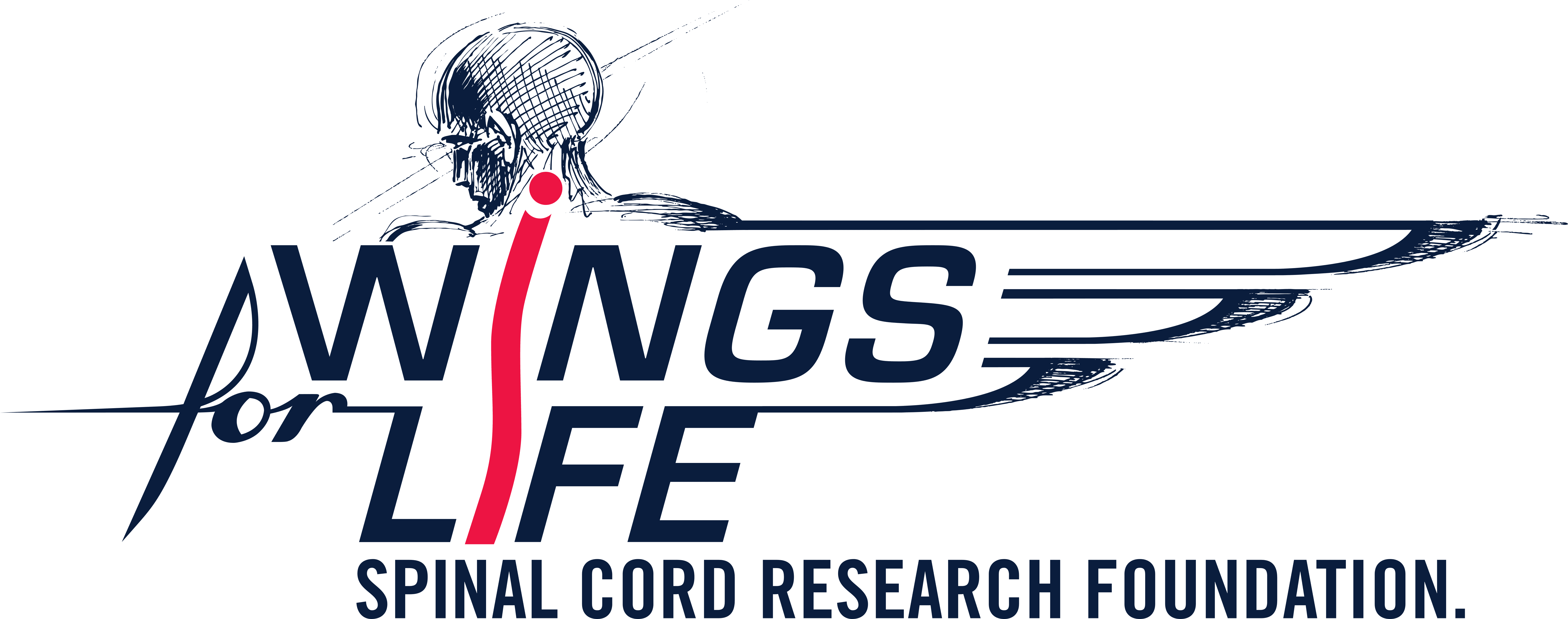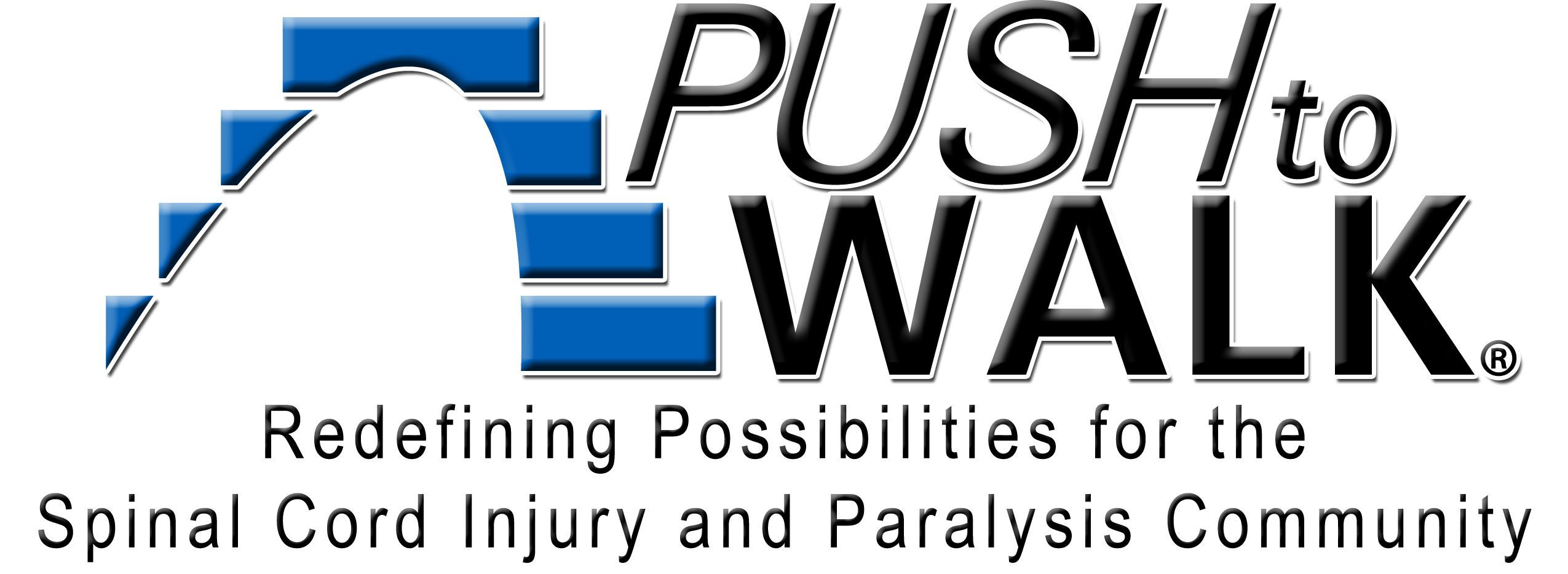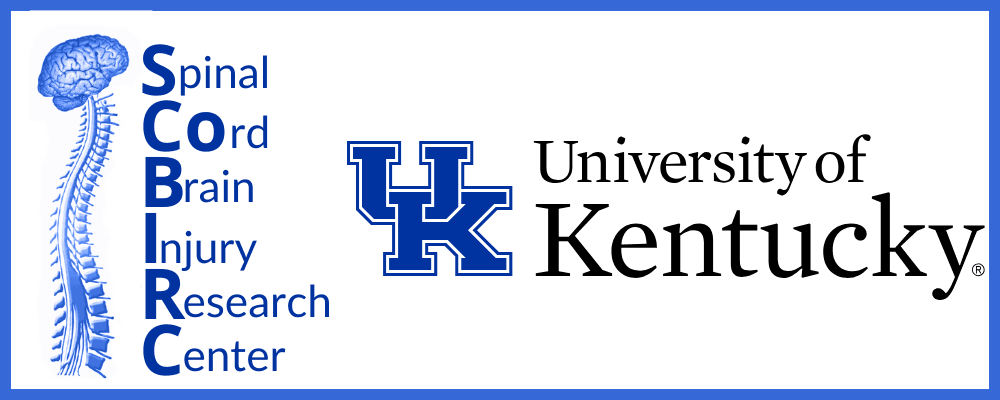Unite 2 Fight Paralysis exists to unite and empower the international spinal cord injury community to cure paralysis through advocacy, education, and support for research. Get Educated and Get Involved.
-
Support U2FP's work by running or wheeling in the race of your choice!
Learn More -
Click to browse all 100+ episodes of our award-winning podcast. New to CureCast? Start Here
-
Engage with leaders in the Scientific & SCI Communities.
Join Us
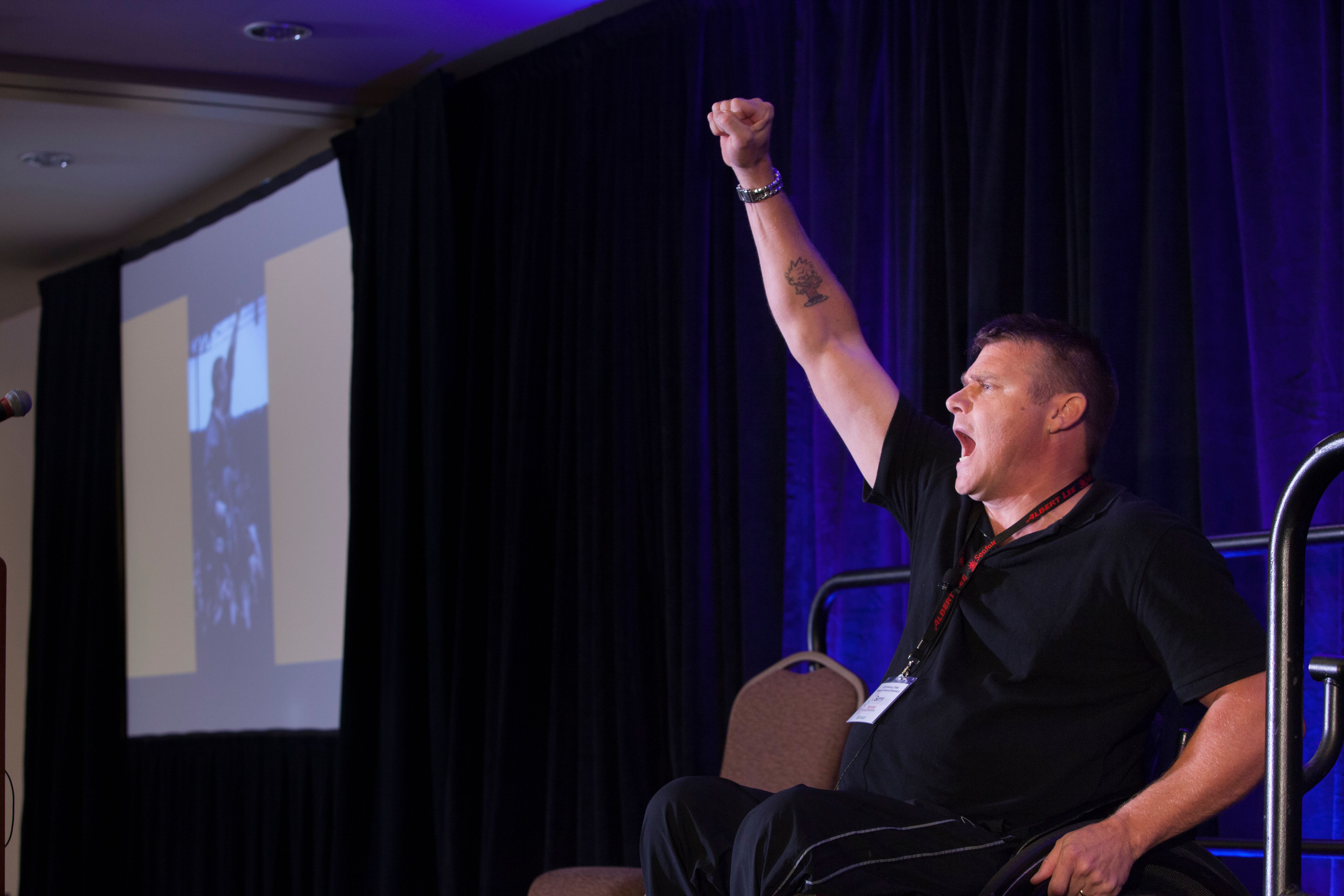
Our Voice
In this episode, we have another insightful conversation with Dave Marver, CEO of ONWARD Medical. We discuss their FDA cleared transcutaneous stimulation device, the ARC-EX, as well as their other devices in the...
Here are three recent headlines on SCI research, two of which are labeled as ‘breakthroughs’. Each appears to have a clinical upside, let’s dig in...
Raising money for the work U2FP does is hard. So, we thought, why not try and make it fun too? Why not try and make some beautiful music during this depressing time of SCI research funding cuts? Making music is something I’ve been doing on and off for most of my life and something my son Gabriel (who has an SCI) has been doing his whole life. This is how the idea to organize U2FP's first annual Rock to Restore Research concert was born....
Remember how I said in my last message we were going to call one Wisconsin Senator per week to support our bill? Well, things have picked up speed and now we...


